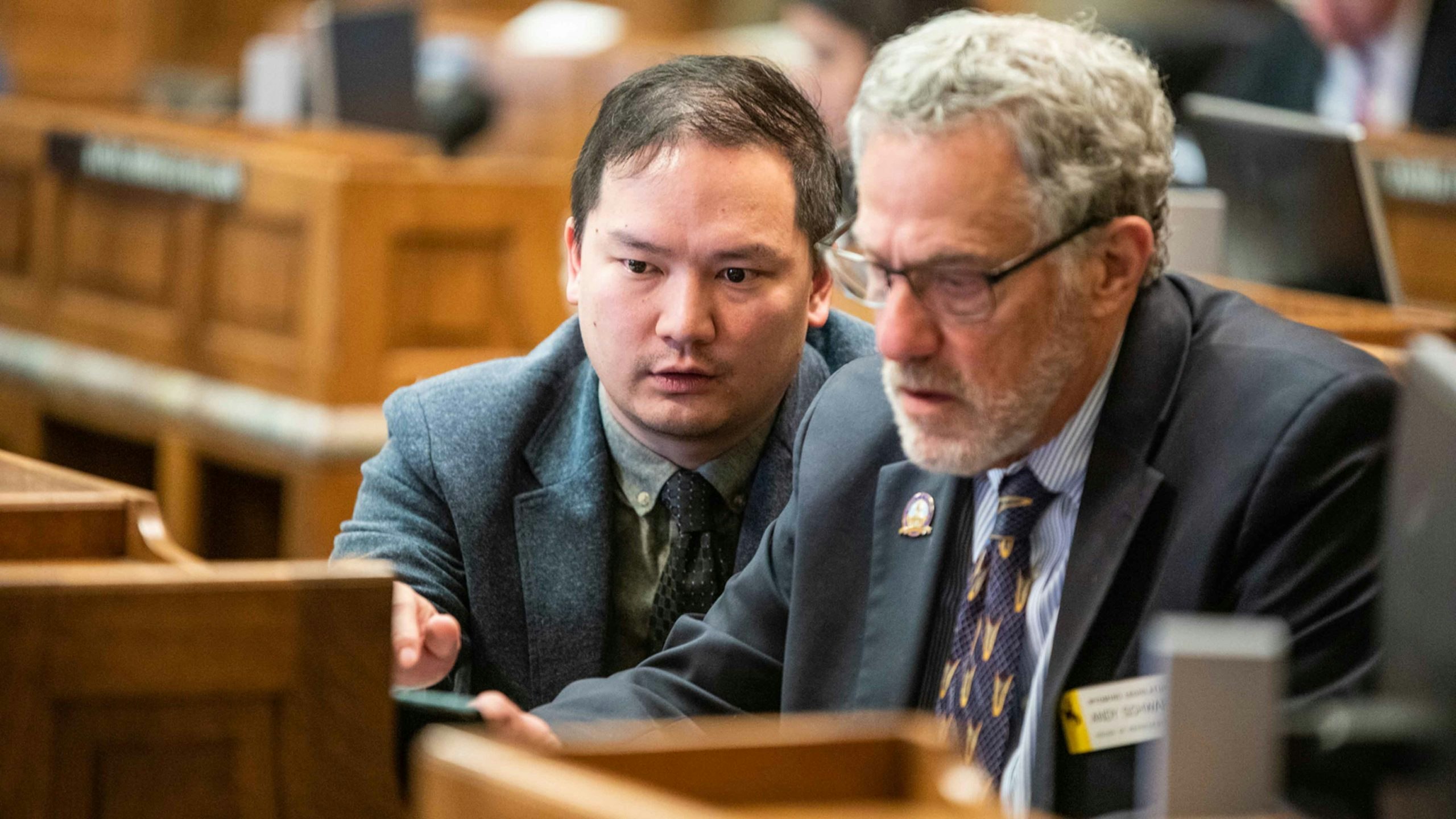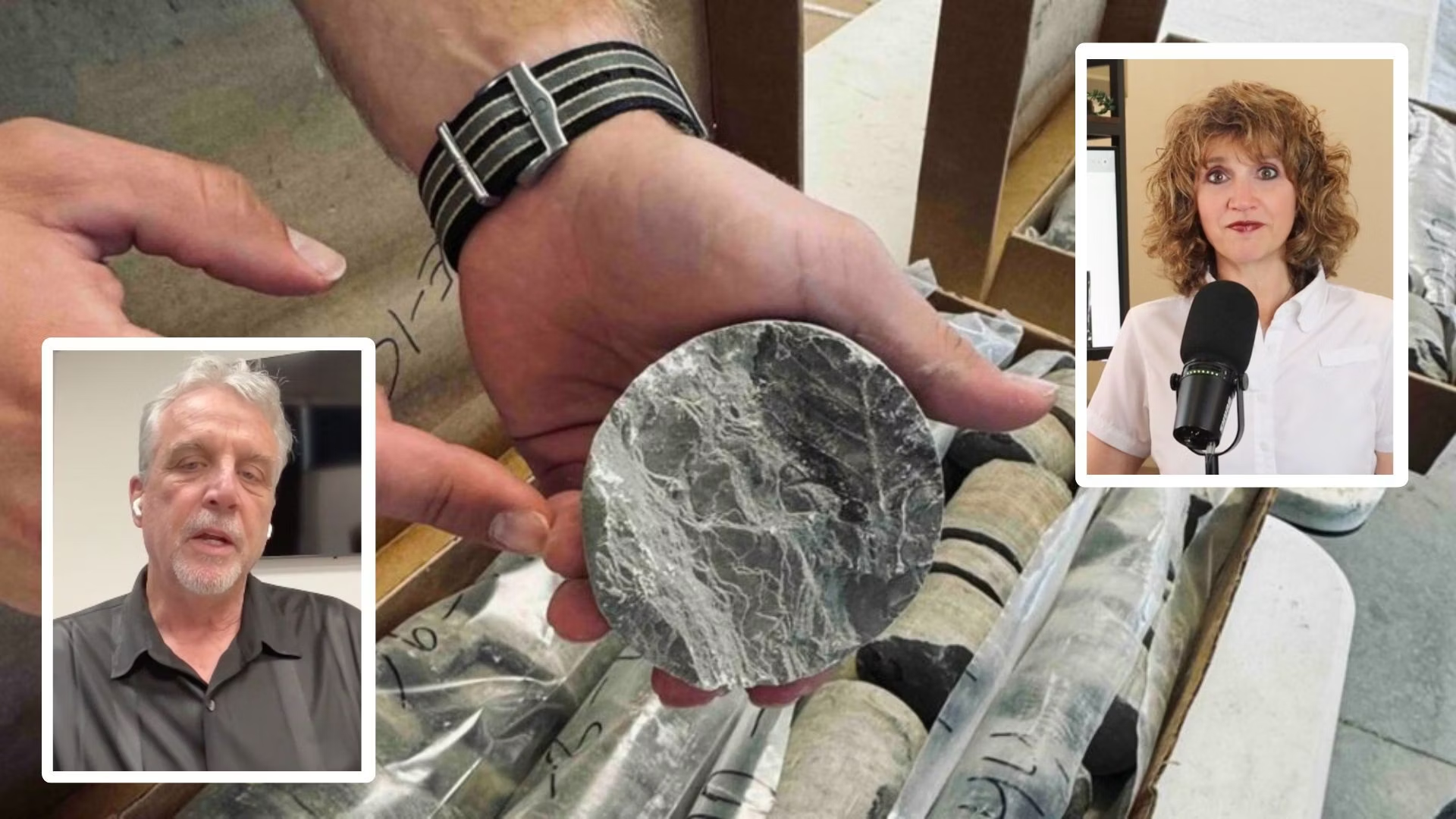A plan to make Wyoming the only state in the nation with its own digital currency won initial approval from the state House on Tuesday.
Representatives approved, in its first full floor review, Senate File 106, which would authorize Wyoming’s treasurer to issue “stable tokens.”
Stable tokens are a form of digital currency backed by solid assets, said Rep. Mike Yin, R-Jackson, who presented the bill in the House.
Yin said the values of most digital currencies can be very volatile, while Wyoming’s stable tokens, being backed by the state’s assets, would remain constant in their value.
Stable tokens allow people to trade in the digital realm without experiencing rapid fluctuations in the value of their currency, he said.
“You get the stability of the dollar and the liquidity of being able to transact these tokens … in the virtual world,” he said.
Under the plan, the state would offer the tokens for sale through digital sources for $1 each. The money paid for the tokens would be invested by the treasurer’s office in federal treasury bills. The principal would be used to back the cryptocurrency, but interest from the treasury bills would go into the state’s coffers.
By being the first state to put such a system in place, Wyoming could benefit from the global digital currency market valued at $150 billion, said Rep. Cyrus Western, R-Big Horn.
“It gives us the opportunity to really capitalize on this advantage,” he said. “There is enormous, almost limitless potential. This is an opportunity for us to continue playing to our strengths.”
Rep. Jared Olsen, R-Cheyenne, said the state’s goal should be to sell tokens to as many people as possible.
“We need to be able to capture the market,” he said. “You want to be able to sell these to anyone outside of Wyoming … because our population is not big enough to generate the revenue we’re looking at.”
Rep. Clark Stith, R-Rock Springs, said while the interest paid by treasury bills is low, as the first state to enter the market, Wyoming could capture as much as 10% of the stable token market, leading to earnings of up to $30 million per year.
The bill will be reviewed a second time Wednesday.





